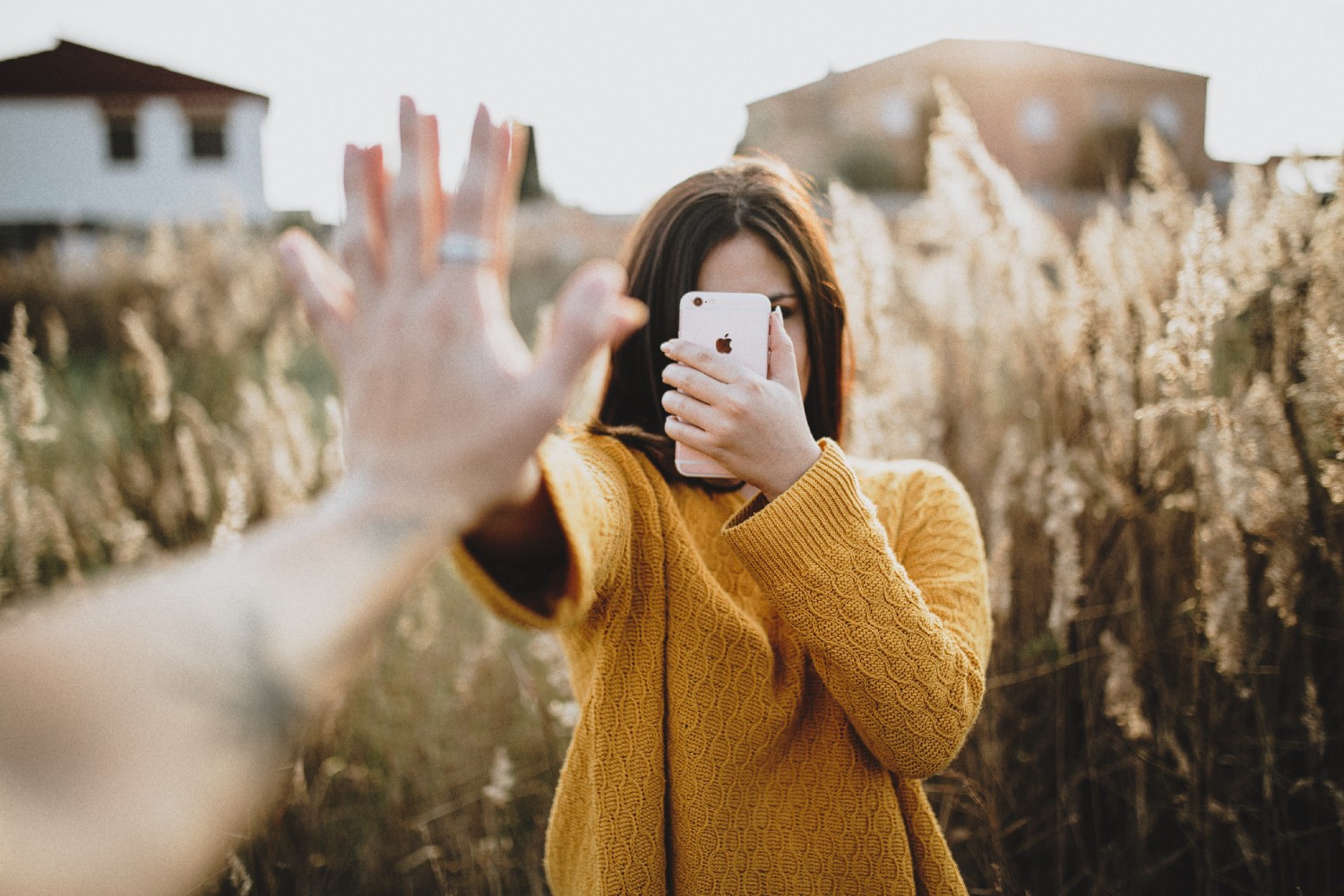Why is it that we constantly compare ourselves to others? This phenomenon has reached new levels with social media that is now pervasive in our lives. Sometimes, social media can become a tool of isolation rather than one of community and connectivity. But can a habit of comparing ourselves to strangers on the internet have real effects on how we see ourselves? In fact, it can.
Since society began, humans have had the natural need to socially compare ourselves to those around us. Imagine this in prehistoric times. You would be walking around your campground and thinking “Why do she have a bigger hut than I do?” “Look at him and his friends- they always have the best hunting trips and bring home the largest mammoths.” Ok, so maybe not exactly like that, but it was probably really close.
The human drive for social comparison is actually beneficial in a couple ways. According to Erin Vogel’s study titled “Social Comparison, Social Media, and Self-Esteem,” (2014) it offers the opportunity for self-reflection, inspiration and the ability to decide who we want to affiliate with to better our situations.
There are two types of social comparison: upward and downward. Upward social comparison happens when we compare ourselves to those who we see as “superior” with personality traits we admire. Downward social comparison is when we compare ourselves to those we feel are beneath us or have personality traits we don’t admire. (Vogel, 2014) One of the benefits of upward social comparison is that it can motivate us to work towards becoming more like those we admire.
Today, we don’t even have to be around others to find opportunities for social comparison. We have the entire world at our fingertips through our mobile devices. How often have we found ourselves looking at someone’s Instagram feed and feeling jealous or inadequate of someone we don’t even know?
In fact, research has shown that social media has an impact on our self-esteem as a result of social comparison. Vogel’s study found that people who spent the most time on Facebook had poorer self-esteem than those who spent less time on the platform. Interestingly enough, self-esteem suffered more when more upward social comparison existed on user’s Facebook feeds. Social media doesn’t inspire to be like those we admire- it just makes us feel bad about ourselves as we “compare and despair”.
Vogel points out that sometimes, those with low self-esteem can actually find encouragement in social media. This makes sense. If you’re having a bad hair day and post a selfie that then gets hundreds of likes, you think “well, maybe I’m not having a bad hair day at all… maybe my hair looks great today! Hundreds of people on Instagram can’t be wrong, after all!”
But, it’s easy to fall into the trap of living for likes. For an instant self-esteem surge, you can even buy likes for your Instagram via this vending machine in a Russian mall!
Instead of falling into the downward spiral of “compare and despair,” put down the phone/tablet/laptop. Unplug and reassure yourself that those beautifully staged photos on Instagram aren’t always depicting reality. And even if they are, you don’t have to compare or compete with someone else’s reality.
When you experience upward comparison, use it as inspiration and motivation to achieve your goals. If they can do it, so can I!
When you experience downward comparison, remember to be thankful for what you have without judging others.
While social media can be a wonderful tool and an entertaining escape, it should never influence how you measure your self-worth. After all, they’re only strangers on the internet.
Originally published at medium.com


